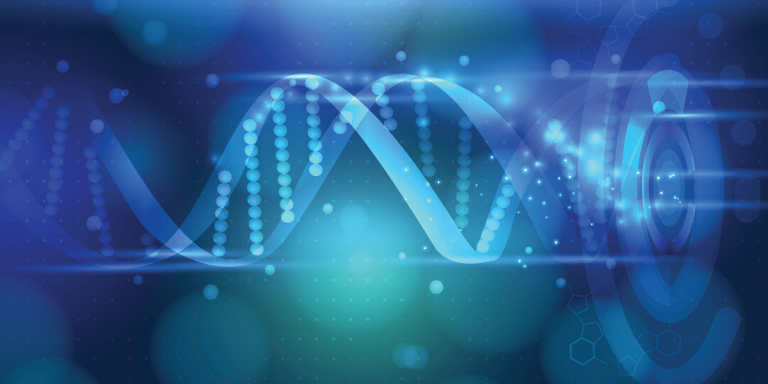
Bioinformatics - it sounds like something from a science fiction story, but in reality it is a fast-growing scientific field in which biology, computer science, and information technology merge to form a single discipline, according to the National Center for Biotechnology Information.
Kettering University will offer a degree in Bioinformatics beginning with the Summer 2011 term. “The National Science Foundation says that Bioinformatics is an area of “national skill need.’” Kettering’s program will have a heavy focus on storage and algorithmic searching of biological information, particularly genomic information” said Dr. Robert Simpson, Kettering provost.
“The Kettering Bioinformatics program will use existing faculty and it is an excellent example of how two academic departments working together can foster collaboration,” said Simpson. “The early goal for the program would be 20 students a year,” he added.
The Kettering Bioinformatics program will be one of only 23 undergraduate degree-granting programs in the U.S., according to Dr. John Geske, department head for Computer Science. Only one other university in Michigan offers an undergraduate Bioinformatics degree program; Michigan Technological University.
Geske worked with Dr. Stacy Seeley, department head for Chemistry/Biochemistry to develop the curriculum.
The Bioinformatics degree will originate from the Computer Science department in collaboration with the Chemistry/Biochemistry department. Its goal is to provide students with a strong foundation in computational methods used to analyze biological systems.
Students in the Bioinformatics program will study software development, data storage, information retrieval, and statistical search techniques and gain a solid background in biological chemistry by taking courses and laboratories in organic chemistry, inorganic chemistry and biochemistry.
Additional special emphasis in the biological area will be achieved through courses and laboratories in biology. All Bioinformatics students at Kettering will also have several terms of cooperative work experience, so that concepts learned in the classroom can be applied to real world problems
“A Bioinformatics degree provides an excellent foundation for careers in biotechnology, medicine, pharmacology, environmental fields, technical management, education, business, software engineering, and information systems,” said Seeley.
Additionally, Graduates of the Bioinformatics Degree Program will be able to pursue an advanced degree in Bioinformatics, Computer Science, Chemistry, Biochemistry, Molecular Biology, or Medicine, Geske indicated.
The field of Bioinformatics will enable the discovery of new biological insights as well as to create a global perspective from which unifying principles in biology can be discerned. At the beginning of the "genomic revolution,” a bioinformatics concern was the creation and maintenance of a database to store biological information, especially large-scale nucleotide and amino acid sequences such as those related to DNA sequencing.
Bioinformatics now entails the creation and advancement of databases, algorithms, computational and statistical techniques and theory to solve formal and practical problems arising from the management and analysis of biological data. (Wikipedia)
Contact: Dawn Hibbard
810.762.9865
dhibbard@kettering.edu